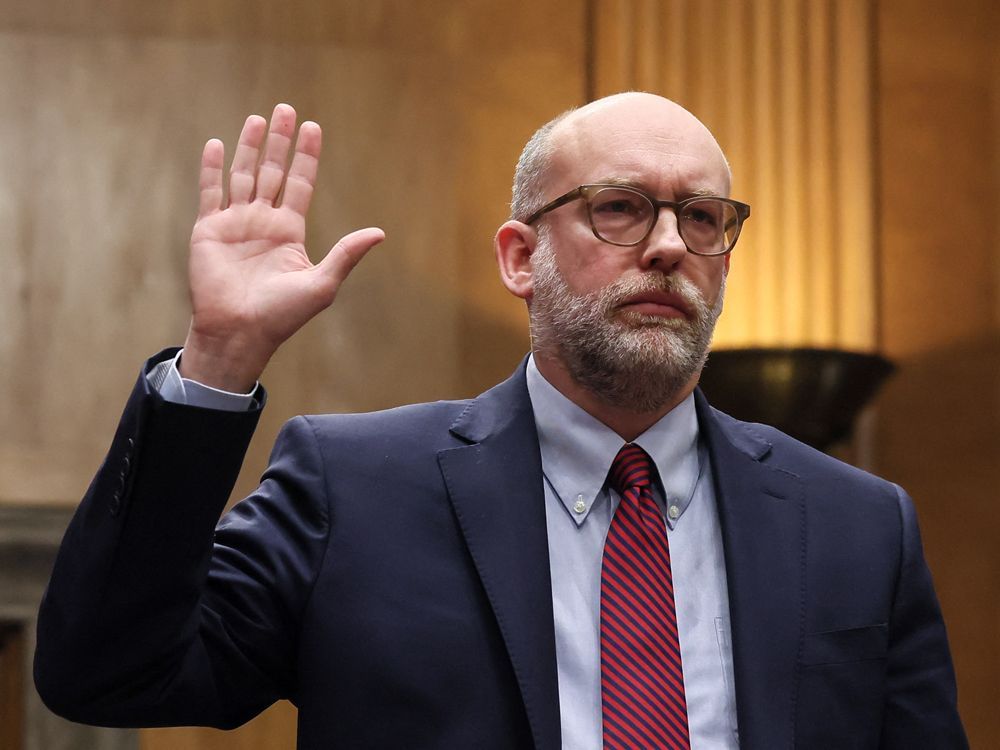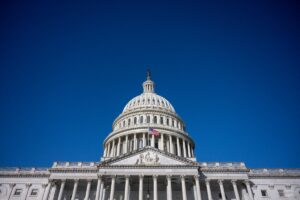
The Trump administration has ordered the Consumer Financial Protection Bureau to stop nearly all its work, effectively shutting down the agency that was created to protect consumers after the 2008 financial crisis and subprime mortgage-lending scandal.
Russell Vought, the newly installed director of the Office of Management and Budget, directed the CFPB in a Saturday night email to stop work on proposed rules, to suspend the effective dates on any rules that were finalized but not yet effective, and to stop investigative work and not begin any new investigations. The agency has been a target of conservatives since President Barack Obama created it in 2011 following the 2007-2008 financial crisis.
The email also ordered the bureau to “cease all supervision and examination activity.”
Also late Saturday, Vought said in a social media post that the CFPB would no longer withdraw funds from the Federal Reserve, adding that its current financing of $711.6 million is “excessive.” Congress directed the bureau to be funded by the Fed to insulate it from political pressures.
Vought’s email follows a similar directive from Treasury Secretary Scott Bessent Feb. 3 and is the latest move by the Trump administration to rapidly curtail the work of federal agencies that they have deemed excessive. Vought suggested that the CFPB is “unaccountable” in his social media post.
Obama created the bureau in the wake of the 2007-2008 housing bubble and financial crisis, which was caused in part by fraudulent mortgage lending. It was the brainchild of Massachusetts Democratic Sen. Elizabeth Warren and has attracted criticism and lawsuits from large banks and financial industry trade associations.
Vought’s email said that President Donald Trump had made him acting director of the CFPB on Friday. Trump fired the previous director of the bureau, Rohit Chopra, on Feb. 1.
Under Chopra, the CFPB approved rules to cap overdraft fees by banks, limit junk fees, and has proposed restrictions on data brokers selling personal information such as Social Security numbers. The agency had also sought to address complaints about the alleged “debanking” of crypto firms and conservatives by seeking to ban contracts that could cause someone to lose access to financial services for making political statements.







